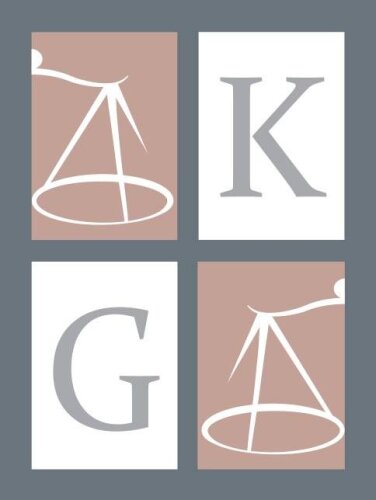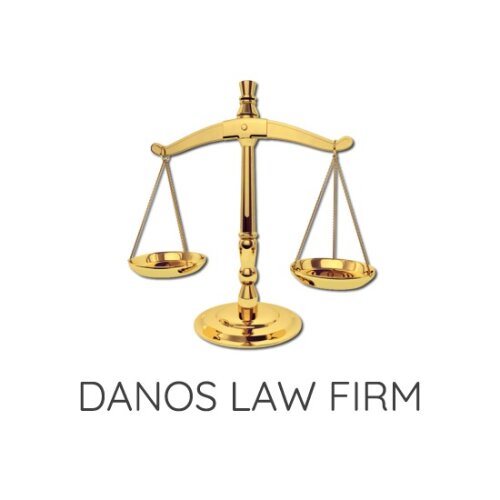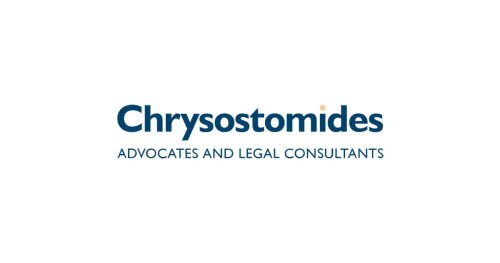Best Child Custody Lawyers in Limassol
Share your needs with us, get contacted by law firms.
Free. Takes 2 min.
Free Guide to Hiring a Family Lawyer
List of the best lawyers in Limassol, Cyprus
About Child Custody Law in Limassol, Cyprus
In Limassol, Cyprus, child custody laws revolve around the best interests of the child. Judges consider several factors, including the child’s emotional, physical and psychological well-being and the capability of each parent to provide for the child. Joint custody is commonly granted unless one parent is determined unfit. Parental income does not directly determine custody decisions.
Why You May Need a Lawyer
Legal difficulties regarding child custody can be complex. While going through a divorce or separation, you might encounter disagreements regarding physical and legal custody of your child. In cases involving allegations of abuse or neglect, or if the other parent attempts to move your child to another locale - locally, nationally, or internationally - professional legal aid becomes crucial.
Local Laws Overview
Cyprus law recognizes equal rights and duties of both parents for the upbringing of their child. When parents cannot reach an agreement on physical custody, the court steps in, usually granting custody to the parent who ensures continuity in the child's upbringing and contributes to the development of the parent-child relationship. However, the extent of involvement of each parent in the child's life is judged on a case-by-case basis.
Frequently Asked Questions
1. How is joint custody determined in Cyprus?
In Cyprus, joint custody is often the preferred decision. The judgment for joint custody is based on the suitability of each parent, the child’s preference considering their age and maturity, and the impact of the decision on the child's social, educational, and family environment.
2. Can a non-residential parent be denied access to a child?
Non-custodial (non-residential) parents have the right to communicate and maintain a relationship with the child. Exceptions may arise in instances of child abuse or neglect, where the court can limit or outright deny access.
3. What happens if a parent does not respect custody arrangements?
If a parent doesn’t respect custody agreements, that parent could face legal consequences such as fines, alterations in visitation schedule, or even modification of the custody judgment.
4. Can a custody order be modified?
Yes, if substantial changes in circumstances impacting the child's welfare occur, a parent can petition the court for a modification in the child custody order.
5. Can grandparents or other family members be granted custody?
Whilst parental custody is more common, other family members like grandparents can be granted custody. This usually happens in situations where both parents are deemed unfit to take care of the child.
Additional Resources
For persons seeking further assistance in child custody matters in Limassol, the Cyprus Ministry of Labour, Welfare and Social Insurance website provides valuable information. Legal aid can also be sought from the Cyprus Bar Association.
Next Steps
If you need legal assistance with child custody matters in Limassol, the first step is to consult with a local attorney specializing in family law. Gather all relevant documents such as birth certificates, prior court judgments, and any evidence related to your child's well-being. It is important to openly and honestly communicate all requested information to your lawyer. Involving a well-experienced barrister ensures that the process is as smooth as possible.
Lawzana helps you find the best lawyers and law firms in Limassol through a curated and pre-screened list of qualified legal professionals. Our platform offers rankings and detailed profiles of attorneys and law firms, allowing you to compare based on practice areas, including Child Custody, experience, and client feedback.
Each profile includes a description of the firm's areas of practice, client reviews, team members and partners, year of establishment, spoken languages, office locations, contact information, social media presence, and any published articles or resources. Most firms on our platform speak English and are experienced in both local and international legal matters.
Get a quote from top-rated law firms in Limassol, Cyprus — quickly, securely, and without unnecessary hassle.
Disclaimer:
The information provided on this page is for general informational purposes only and does not constitute legal advice. While we strive to ensure the accuracy and relevance of the content, legal information may change over time, and interpretations of the law can vary. You should always consult with a qualified legal professional for advice specific to your situation.
We disclaim all liability for actions taken or not taken based on the content of this page. If you believe any information is incorrect or outdated, please contact us, and we will review and update it where appropriate.














